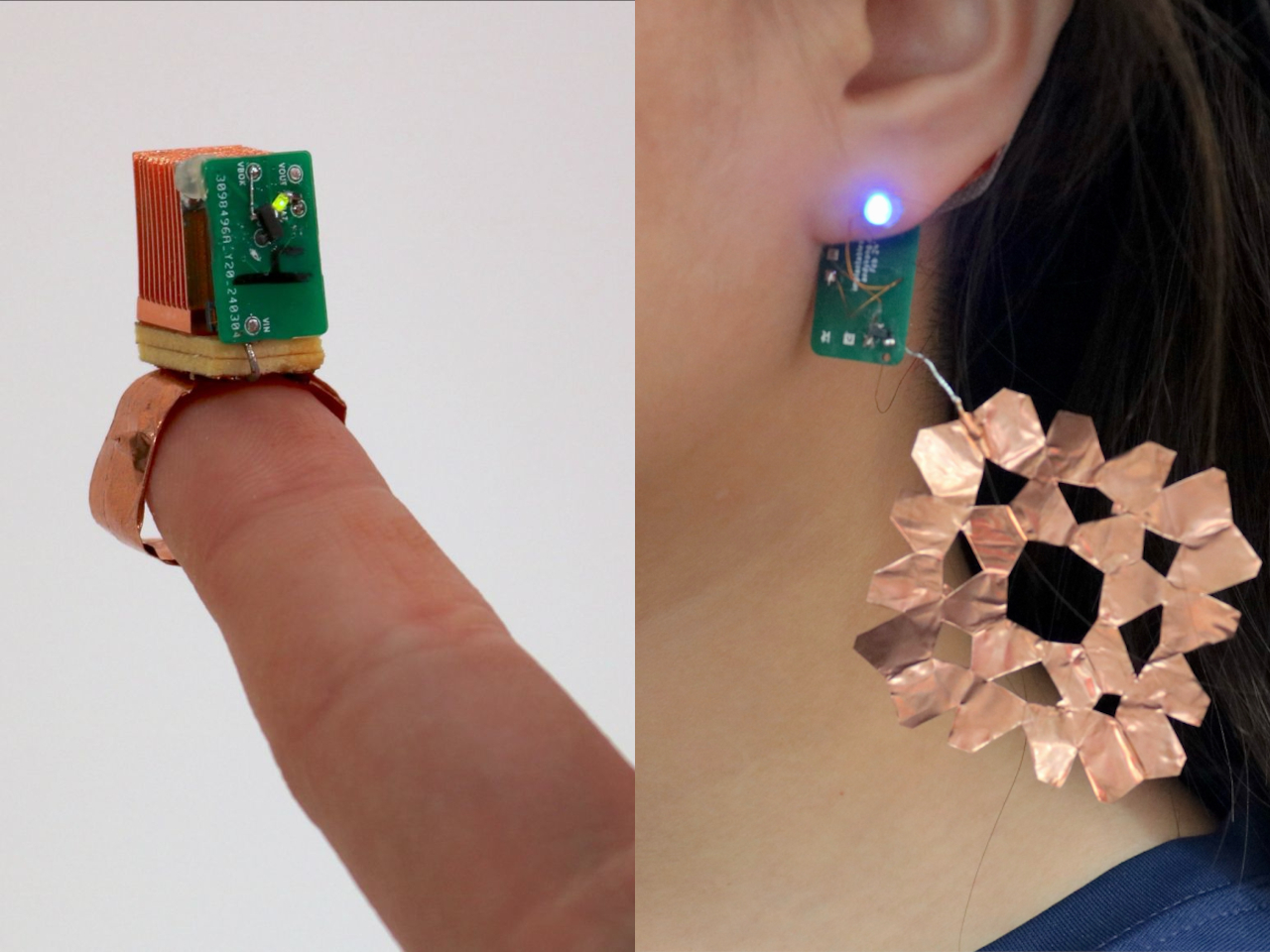Your phone is destroying your social life
How many times a day do you interact with devices? If you’re anything like me, it’s impossible to count. You’re reading this article on a phone or a tablet or a laptop. Maybe you used the alarm on your Apple Watch to wake up. Maybe you listened to a podcast while you brushed your teeth. […]


How many times a day do you interact with devices?
If you’re anything like me, it’s impossible to count. You’re reading this article on a phone or a tablet or a laptop. Maybe you used the alarm on your Apple Watch to wake up. Maybe you listened to a podcast while you brushed your teeth. Maybe you used an app to check the bus schedule or find a parking spot. Maybe you scrolled Instagram in the back of the Uber ride to work.
You get the point: Our lives have become increasingly — and perhaps irreversibly — mediated through our devices. Everywhere you look, there are screens between us and the world. This is a monumental change in the human condition, and it’s hard to appreciate just how significant it is when we’re all living through it.
There are clearly trade-offs with every technology. The only sensible question we can ever ask is: Are the trade-offs in each case truly worth it? What are they adding to our lives and, more importantly, what are they taking away?
Christine Rosen is a senior fellow at the American Enterprise Institute and the author of a new book called The Extinction of Experience: Being Human in a Disembodied World. Rosen’s book is a meditation on what it means to be a fulfilled human being in a world defined by technology. She does a very good job of drawing our attention to the experiences we’re losing and making the case that we should resist these losses.
I invited Rosen on The Gray Area to talk about what’s really changed in human life and if all the concern about the scope of these changes is justified. As always, there’s much more in the full podcast, so listen and follow The Gray Area on Apple Podcasts, Spotify, Pandora, or wherever you find podcasts. New episodes drop every Monday.
This interview has been edited for length and clarity.
Sean Illing
The book is about the disappearance of certain kinds of fundamental human experiences. So what do you think we’re losing?
Christine Rosen
The one that I think is the most important is face-to-face interaction. We’re living in a world where we can actively choose not to look each other in the eye on a regular basis, not communicate with each other physically in person, in the same physical space. When we are forced into physical space, say waiting for the bus or walking around your neighborhood or town, you can tune everyone out by having earbuds in and paying attention to the screen that’s in your hand. You can actively dissociate from social physical spaces. And we all do it all the time. We do it in interstitial moments of time when we should maybe just let our minds wander. We do it when we interact in a consumer setting.
If you think about someone who works behind a cash register, and I interviewed and talked to a lot of people who do, they will say people aren’t very nice to each other anymore. The pleasantries that we think are expendable, inefficient, meaningless, they actually grease the wheels of our social interaction in a way that makes us able to all get along even with strangers in public space. And many of us are starting to develop habits of mind and behaviors that cultivate a preference for not being face-to-face, in each other’s presence. And that has serious long-term consequences for how we interact.
Sean Illing
What sort of consequences?
Christine Rosen
We’re hardwired evolutionarily to understand each other by reading each other’s physical cues: facial expressions first and foremost, but also hand gestures and tone of voice. Even just the way you position your body in space in relation to other people sends signals: I am not a threat. I am a threat. I want to belong. I want to connect or I want to be left alone or I’m perplexed, versus I’m angry. From a very young age children learn this by staring at human faces.
So what happens when, for example, in the case of kids, instead of spending eight waking hours looking at their family members’ faces and learning from expression and tone of voice and just trying to figure all this out when they’re pre-verbal, they’re looking at an iPad with lots of very stimulating cartoons and images and bright colors. Well, they learn something from the iPad. We’re not always exactly sure what yet; that’s being studied. But they don’t learn how to read people’s facial expressions.
If you go into kindergartens and classrooms now, you’ll see these charts with the smiley faces, frowny faces, perplexed faces, and it’s trying to teach kids to identify emotional expressions on other people’s faces. That exists in part because we’re not teaching that organically because we’re putting these mediating devices between kids and their natural curiosity and eagerness to watch other people.
Even a FaceTime conversation is going to be qualitatively different than an in-person conversation. Does that mean if your grandparents live on the other side of the world, you shouldn’t FaceTime? Of course not. But it does mean we have to be very careful about replacing too much in-person interaction. Sociologists have long studied what it means when you refuse to respect the existence of another person in a public space. When you deliberately ignore them, when you look through them, for example, and there have been studies of looking through people versus acknowledging them. These tiny social rules seem inefficient, they seem unnecessary in such a fast-paced, high-tech world, but they are crucial for social capital building.
Sean Illing
You write, “Behind the power we wield with our technologies is a timidity and aversion to risk.” What is that timidity? What are the risks you think we’re avoiding?
Christine Rosen
Look, it’s really difficult to connect with another person whom you don’t know. It can even be difficult to connect with people you do know at certain levels. We have work friends, we have our family, we have our closest friendships and relationships, and our most intimate relationships with our partners. Going out into the world is a constant adventure. But before we didn’t really have a choice. Now, I think there’s a sort of threat assessment risk people make when they go out into the world of like, I don’t want to deal with people. People are difficult.
And this is a true statement. People can be very challenging to deal with. But when we start to train ourselves in habits of mind where our expectations, because most of our time is spent avoiding things — making things seamless, efficient, convenient, which is what our technologies give us and promise us — then when we deal with other human beings who are inefficient, inconvenient, sometimes difficult, we have fewer skills for meeting them where they are.
In that sense, the timidity is both fear and a general sense that it’s too much work to do all that. But the reason it’s hard is because it also makes us better people. It allows us to flourish in new ways. It allows us to develop, because by meeting people where they are and actually dealing with their sometimes difficult behavior and understanding our own behavior, we are better at being humans. And again, it might sound simplistic to say this, but we have to make the argument for why that’s important now, because the easier path is not to do it at all.
Sean Illing
There’s a good passage in there about Walter Benjamin, the famous Frankfurt scholar, and what he called a “poverty of experience” in the modern world. One of his critiques was that people increasingly preferred a kind of life where everything is solved in the simplest and most comfortable way. Did he have much of a theory about why that is?
Christine Rosen
I think what he was saying is that because we are adaptable creatures, we think the adaptability will only go one way, which is that we’ll adapt to the new thing and then we’ll all be better. But remember, we adapt to the machine itself, and we risk becoming more machine-like in the way we behave. That is not an improvement if you’re a human being. We don’t want our relationships to be more machine-like, but everything about how we’re living our daily lives does reward more machine-like behavior.
Sean Illing
At what point do we cease to be machine-like and just become machines?
Christine Rosen
Well, I do think we’ve become more machine-like, and I think Exhibit A for that is the way that people’s sex lives have been transformed by pornography. Now, pornography has always existed. Humans have always created it, sought it out, enjoyed it. I’m not judging pornography, per se. But if you think about how young people, for example, talk about their sex lives these days, sex lives where far, far fewer of them are having sex than older generations and where they talk about it in machine-like terms, performative terms, in ways that actually have shaped their understanding of what an intimate sexual relationship even should be, what it should look like, what it should feel like. So that concerns me.
The way we date people now, everybody finds everybody else online. And I know lots of very happy couples who met online. But when you’re generally assuming that you’ll know someone by a menu of options, think about how that makes us understand another human being who can be complicated, contradictory, self-delusional, as we ourselves all are. So it tries to make very smooth what we should understand as being quite rough and interesting.
I think that the technological relationship that’s ideal for a lot of people these days is one where they don’t have to see each other much in person. If you talk to young people, they will tell you this. Because again, that’s the timidity, that’s the lack of risk-taking. It is really risky to try to connect to another human being. It is one of life’s great risks, but it also brings one of life’s greatest rewards when you do.
Sean Illing
There’s a long tradition of people fretting about new technologies and how they’re going to ruin everything. Hell, Socrates hated the technology of writing because he thought it would destroy our memories and oral culture. How do we know this is any different? How do we know this isn’t a good old-fashioned panic?
Christine Rosen
Sometimes we do have moral panics. That’s true. But to counter that, I would say, particularly in the United States, we’ve lacked an ability to distinguish between the new and the improved. You hear new and improved. That’s how every new thing is marketed, right? But quite frankly, if you study history, what you understand is that not every new thing is an improvement. Sometimes important things are destroyed by the “new thing.”
So in the context of our technology use, we’re having this debate right now with AI. Is AI a powerful tool that will bring a lot of good? For example, it can, working with a radiologist, read a radiological scan quicker and find things that the human eye can’t. That’s all for the good, right? But if that same AI is being deployed by an insurance company that thinks it shouldn’t have to provide human therapists for patients who actually need one-on-one therapy for their mental health challenges, but instead can just give them an AI chatbot, I don’t think that is an improvement. That is a degradation. So we have this tool and it’s being deployed in a way that actually doesn’t help a person. It makes their life more challenging while they’re still being told it’s an improvement because it’s the new thing.
So that’s where we need to start making these moral choices. These are ethical choices in many ways that we often are hesitant to speak of in those terms, because we don’t want to be seen as Luddites, as oldsters. I joke that I’m a neo-Victorian at this point. But a lot of this is about values and virtues and ethics, words that we’re kind of uncomfortable even using in modern parlance, but in some ways speak to these intuitions, that speak to the unease that a lot of people feel right now about how we live our lives.
Sean Illing
Do you think a meaningful and fulfilling life is possible if a lot of it — or most of it — is lived virtually?
Christine Rosen
That’s a big nope for me. And it’s important to understand that that vision of a life is precisely the one that a lot of people in Silicon Valley are promoting, selling, trying to enact. And their understanding of what a flourishing human life looks like is interesting in this respect. What they promote for most people is not the way they choose themselves to live. They don’t let their kids use the technology and the social media platforms that they sell to the rest of us. That we know. We’ve known that for a while. They do not get high on their own supply, nor do their children.
Human interaction is rapidly becoming a luxury good for the wealthy, where they get concierge medicine with lots of human beings attending to their needs. They get a lot of one-on-one therapy. They get tutors for their kids who sit down with them for hours at a time. That is not what the people who can’t afford that get. They are getting the therapy chatbot. They are getting the online YouTube video to help the kid get through a struggling class because the public school can’t afford human tutors for them.
Some of that’s about wealth, but it’s also about worldview. Who gets to set the standards for what a flourishing human life looks like? And at what point do people who want to live in the real world and have the sort of flourishing human relationships that we know to be important for a good life, when do they start to feel like their ability to choose that for themselves is disappearing?
Sean Illing
You quote the techno-utopian Marc Andreessen in the book and he has this phrase “reality privilege.” His rejoinder to this complaint that we’re blurring the line between reality and unreality is to say that reality actually sucks for most people and their online world is much better. What’s your response to that?
Christine Rosen
There’s a lot that Marc Andreessen says and does that I admire. I think he’s a really interesting man of our time, as they say. But this enraged me to the point that I still get mad when I think about this argument, because reality is not a privilege. Reality is what each of us should be able to have the freedom and the opportunity to shape for ourselves. And when [it comes to] someone who will profit enormously from creating virtual realities, and when we have no control over how they’re structured or the kind of information we’ll give to the people who’ve created these worlds for us, I become very upset. Because I don’t think that’s something that the people who create and who want to create these spaces would ever want to live in themselves. The ultimate privilege is telling everyone else to check theirs, while they get to live in a reality they can afford to live in and telling everyone else they should just suck it up in the virtual world. Because isn’t the virtual world great?
There’s also the stubborn reality that we still live in physical bodies. And despite the efforts of the Ray Kurzweils of the world to assume we’ll be able to upload or download our consciousness at some point, your physical body has a time limit. And for each of us, it’s different. We don’t always know what it is, but we are fallible, frail creatures. Reckoning with that is part of what makes us human beings.
Saying you can live a full life online completely overlooks the physical embodied existence that we all, for now, share. And it’s a dystopian vision of a future for humanity — a very, very class-based vision, I would add — that really limits human freedom. Because if your reality is limited to what you can find in the virtual world, and your choices in the physical world narrow with each passing year, that’s not freedom. That’s not human flourishing. It is a very narrow-minded and elitist technocratic view of a human future — and I soundly reject it.
Listen to the rest of the conversation and be sure to follow The Gray Area on Apple Podcasts, Spotify, Pandora, or wherever you listen to podcasts.
What's Your Reaction?


















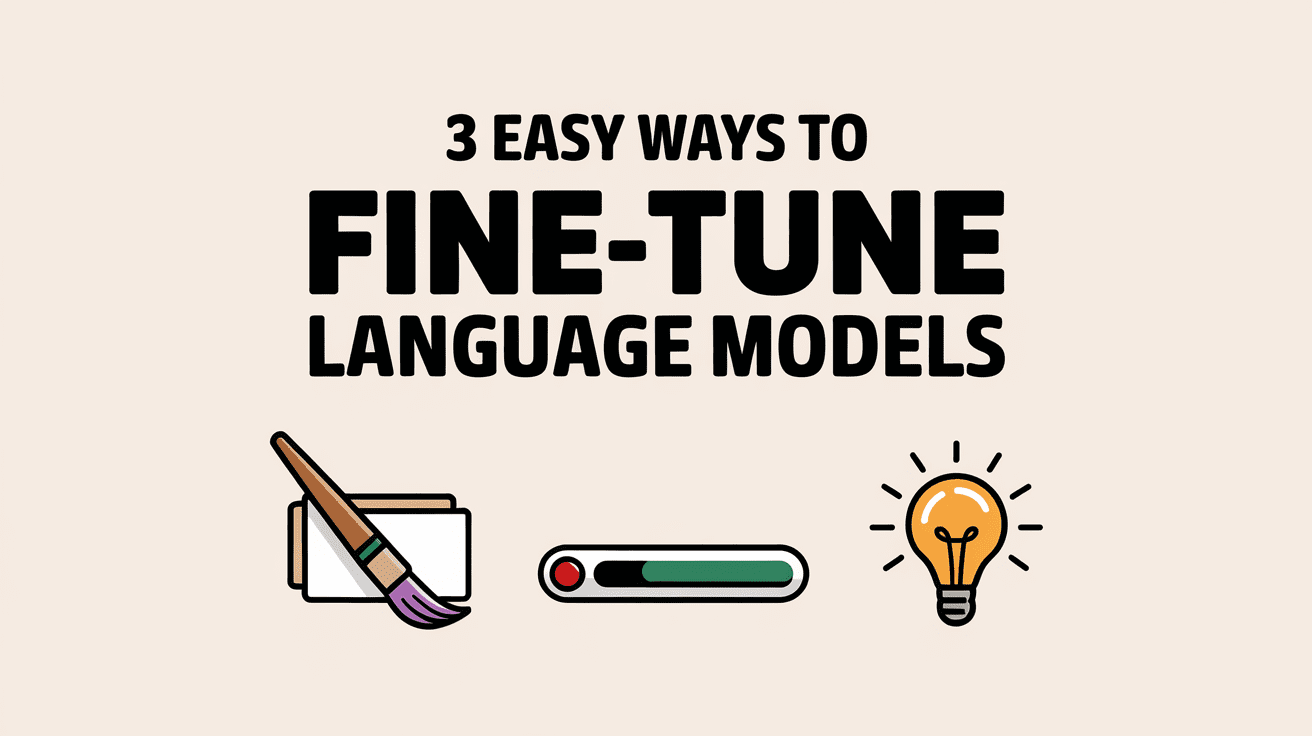

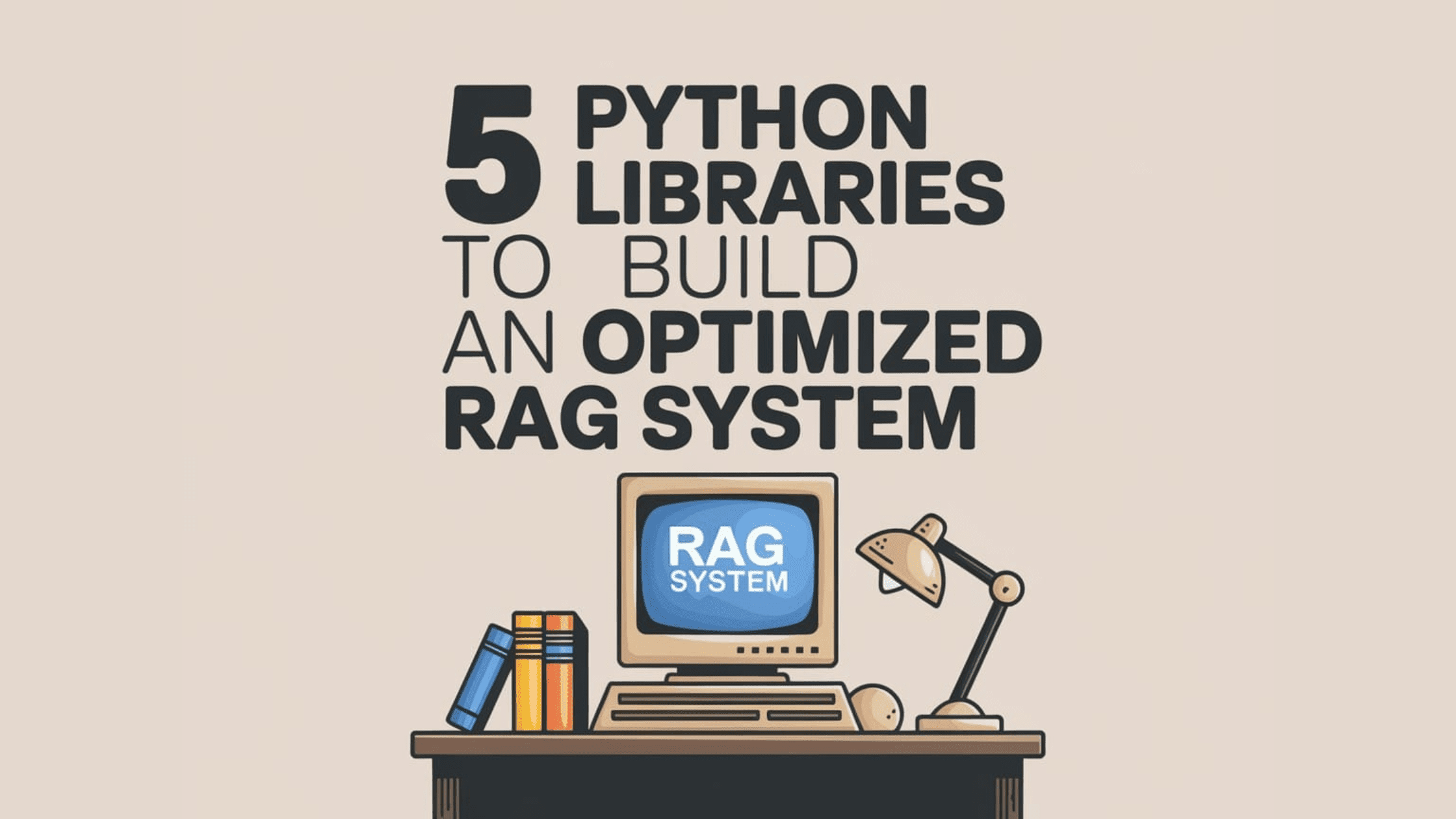
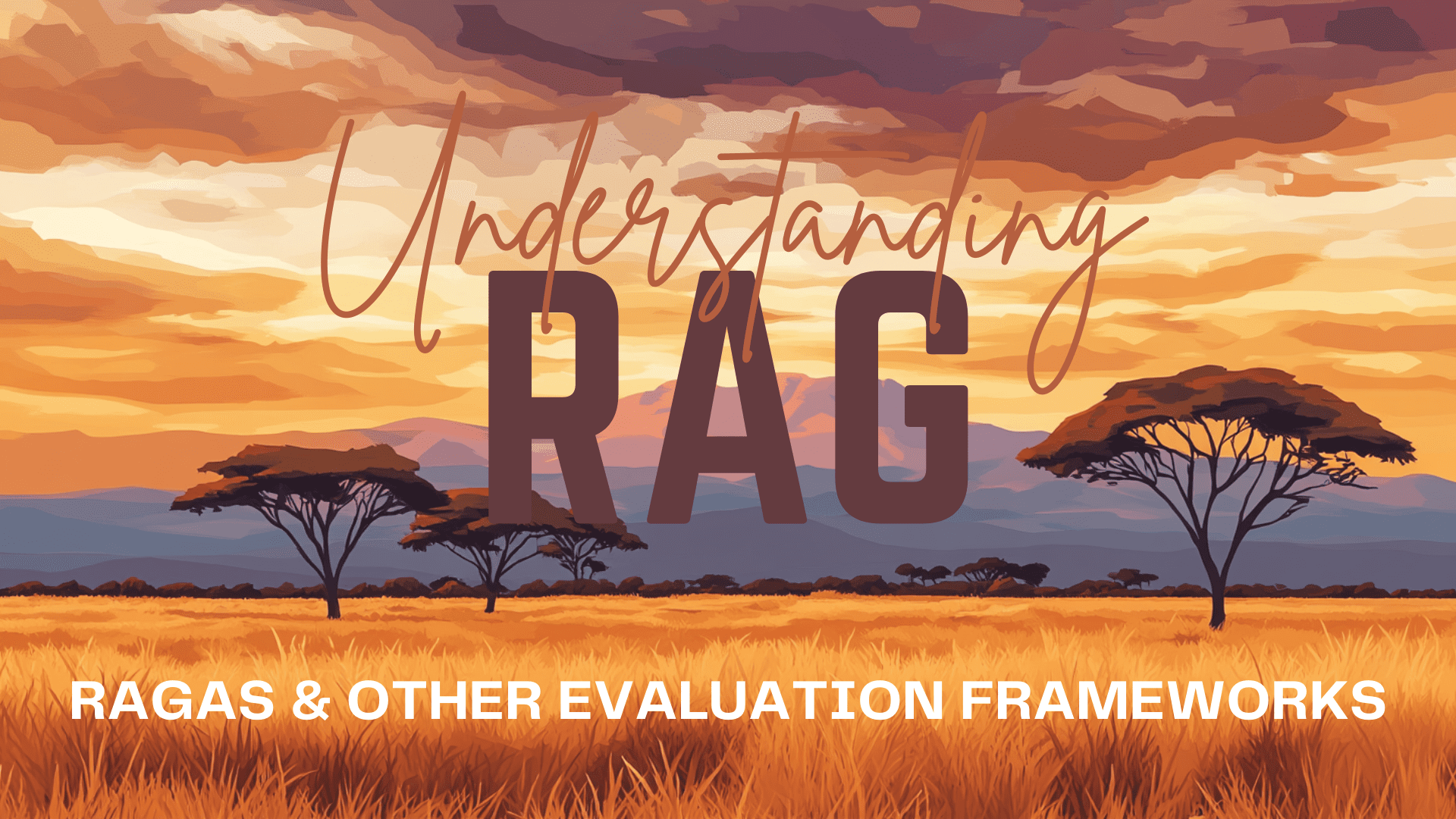


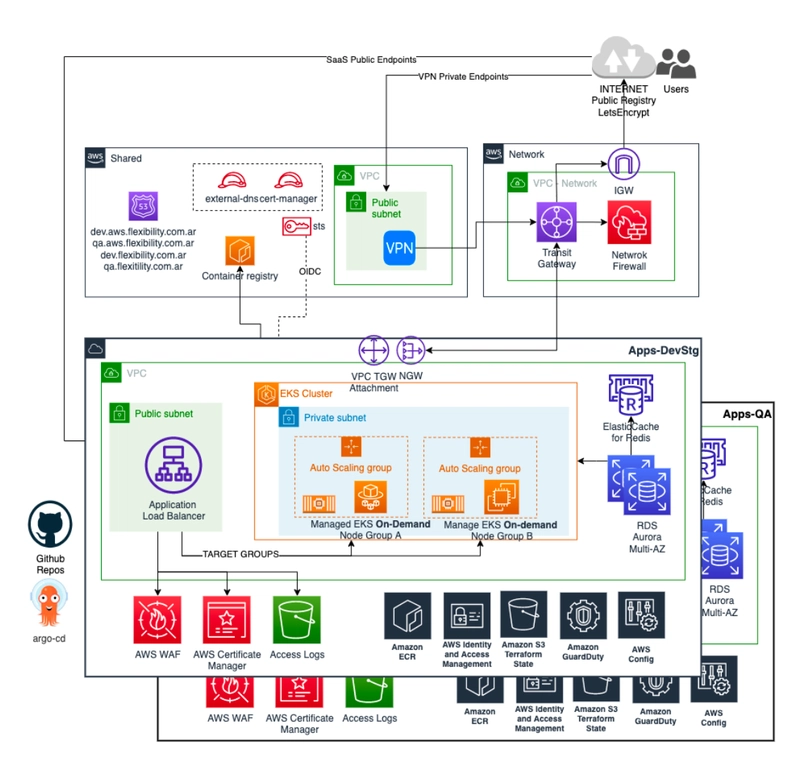
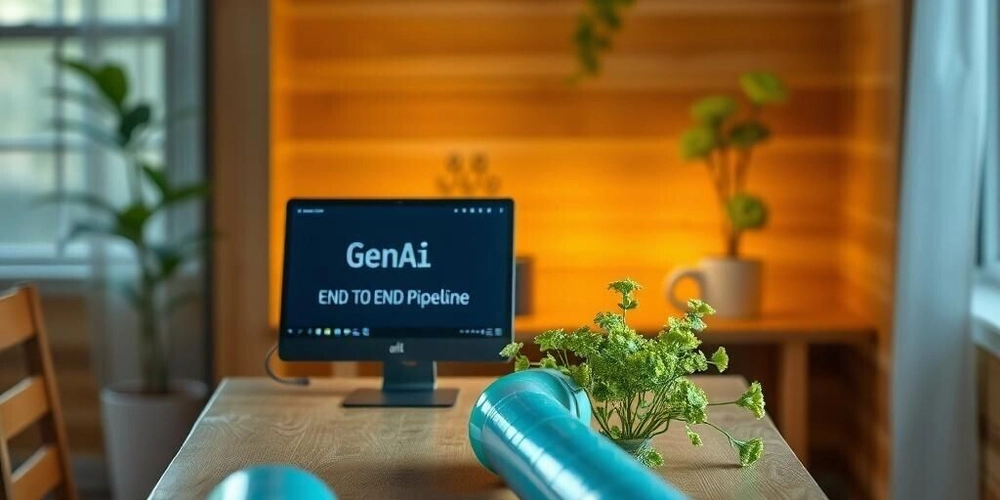
_Vladimir_Stanisic_Alamy.jpg?#)


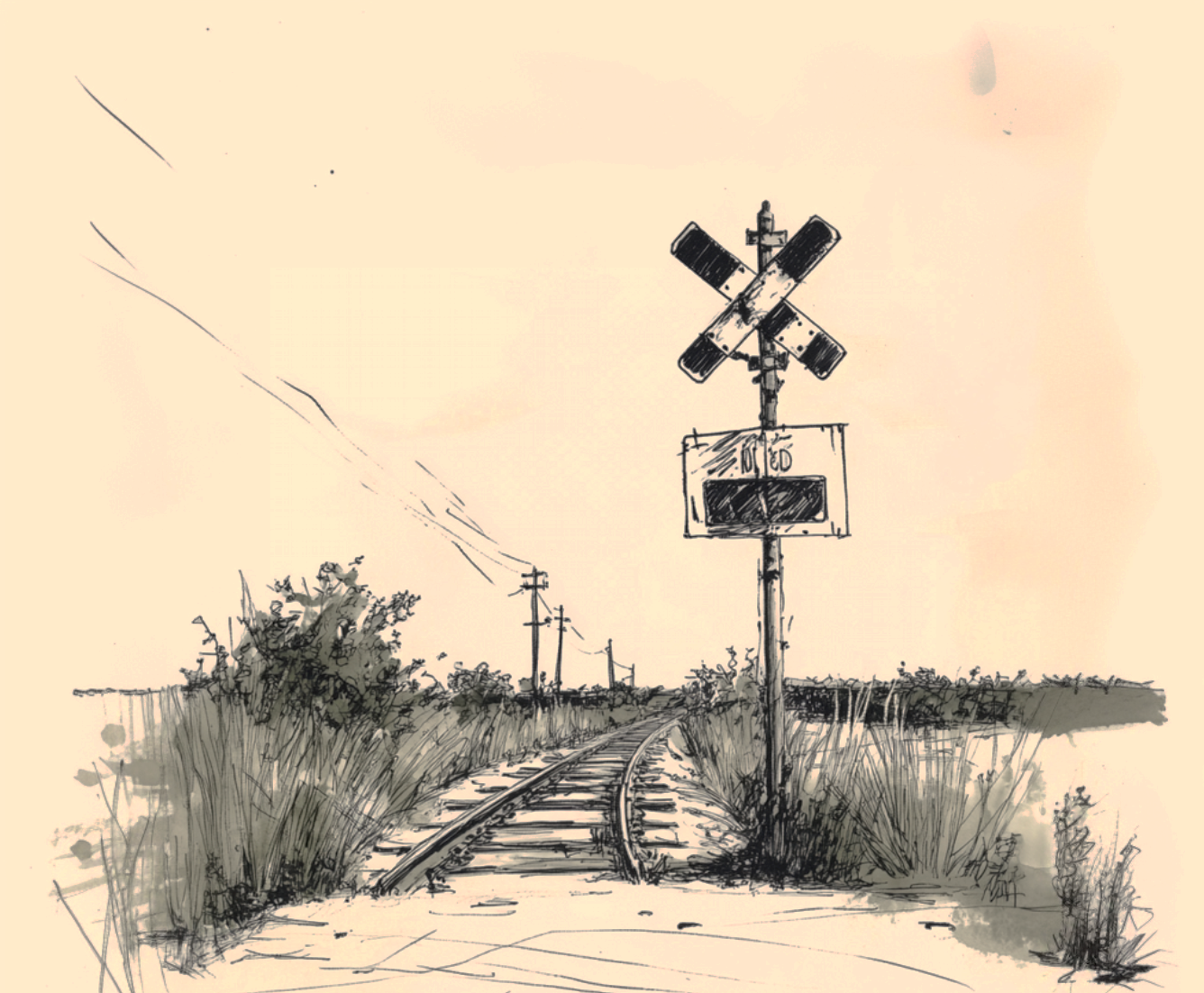





















![Kicked Out Of His Seat—Delta Passenger Forced To Move For A Dog [Roundup]](https://viewfromthewing.com/wp-content/uploads/2024/12/delta_dog_in_bulkhead-transformed.jpg?#)












